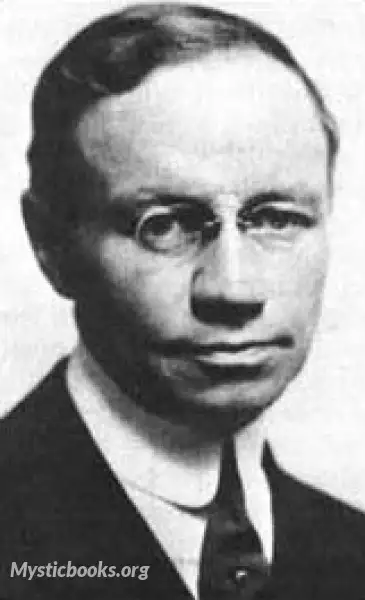
Timeline
Title
Country/Nationality
Herbert Croly
Herbert David Croly was an intellectual leader of the progressive movement as an editor, political philosopher and a co-founder of the magazine The New Republic in early twentieth-century America. His political philosophy influenced many leading progressives including Theodore Roosevelt, Adolph Berle, as well as his close friends Judge Learned Hand and Supreme Court Justice Felix Frankfurter.
Herbert Croly was born in Manhattan, New York City in 1869 to journalists Jane Cunningham Croly—better known by her pseudonym "Jenny June"—and David Goodman Croly.
Jane Croly was a contributor to The New York Times, The Messenger, and The New York World. She was the editor of Demorest's Illustrated Monthly for 27 years. Jane Croly wrote only on the subject of women and published nine books in addition to her work as a journalist. She was one of the best-known women in America when Herbert Croly was born.
David Croly worked as a reporter for the Evening Post and The New York Herald, as well as the editor of The New York World for 12 years. He was also a noted pamphleteer during Abraham Lincoln's presidency.
Herbert Croly married Louise Emory on May 30, 1892. They remained married until Herbert Croly's death in 1930. They had no children.
Although Croly eventually joined calls for American involvement in World War I, he became pessimistic and frustrated by the costs of war. In late 1917 and 1918, Croly began questioning his own beliefs about nationalism and democracy. The Treaty of Versailles delivered a severe blow to Croly's progressive spirit, causing him to declare that the Paris Peace Conference was the apocalypse of liberalism.
The vicious treatment of unions during the labor movements in the 1920s was difficult for Croly, a big union supporter. The issue of prohibition put Croly's beliefs about the role of the national government to the test. He ultimately adopted the policy Louis Brandeis suggested to him—that the federal government be responsible for interstate trafficking of alcohol but that states take responsibility for internal enforcement. But, for Croly, the challenge of how to handle prohibition was the final straw in breaking his faith in his old vision of democracy.
In 1920, Croly worked on another book called The Breach in Civilization. It was a reflection on the role of religion in the future. The result was a compilation of the ideals Croly once held but by then believed were unrealistic positions. He wrote that legislation as a solution for social issues was unimportant, and abandoned his own core philosophy that central government could create human amelioration. He condemned progressivism as a failure. As the book was on its way to the publisher, Felix Frankfurter persuaded Croly to withdraw the manuscript. It was never published, and only part of the text remains today.
Croly's steady mental and physical decline in the 1920s culminated in a massive stroke in 1928. Though he survived, movement of the right side of his body was impaired and his ability to speak was seriously affected. For 20 painful months Croly and his wife worked toward his recovery, but it was too much to overcome. Herbert Croly died on May 17, 1930, and was buried in Plainfield, New Hampshire, alongside his wife's gravestone.
Books by Herbert Croly

The Promise of American Life
The Promise of American Life is a book published by Herbert Croly, founder of The New Republic, in 1909. This book opposed aggressive unionization and supported economic planning to raise general quality of life. By Croly's death in 1930, only 7,500...